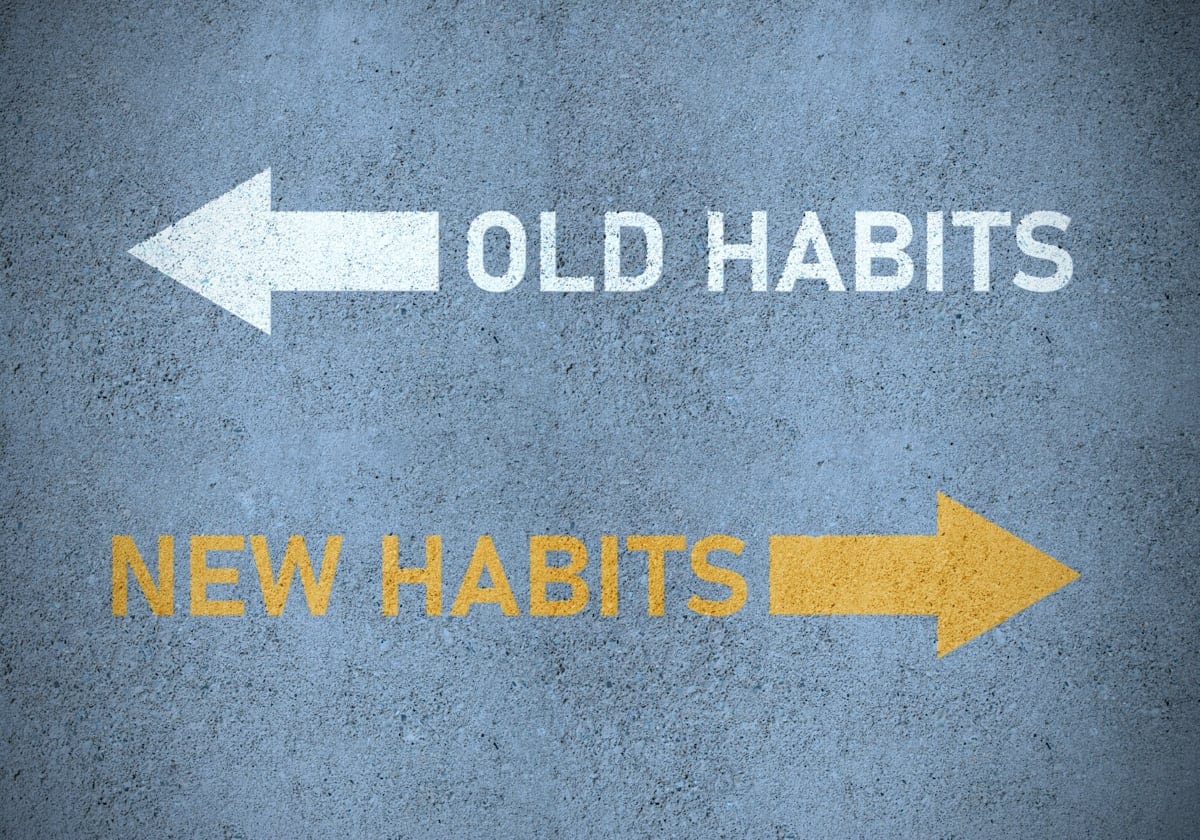
A new year, a new chapter. It's the perfect time to make changes to our lives. At least, that's what most of us want—a chance to make a difference and start anew.
It is probably why so many of us make New Year's resolutions. But how many can actually stick to their resolutions? We all know that resolutions are always easier to make than to keep.
Perseverance is the keyword to keeping your resolutions and achieving success. Daily temptations often distract people from achieving long-term goals. It is, therefore, essential to design external mechanisms to incentivise persistent effort.
Rewarding yourself
In various contexts, we examine the effectiveness of a self-select mechanism where individuals are empowered to choose between:
- A piece-rate mechanism that provides rewards for the completion of each task, or
- An all-or-nothing mechanism that requires continual effort by rewarding only the completion of all tasks.
We investigate whether and how the reward mechanisms can be more effective when individuals choose what suits them best.

In organisations, completing a project typically requires continuous effort for an extended period. Also, the value of an unfinished project is often disproportionately lower than that of a completed project.
Perseverance, however, is by its very definition hard.
Studies show that non-cognitive skills and psychological factors such as self-control, grit, conscientiousness, and a growth mindset are essential for perseverance.
While some people can rely on self-discipline and have the self-control required to succeed, others may not. Therefore, exploring whether we need to design external mechanisms to incentivise persistent effort is vital.
The findings from our experiment offer valuable policy insights in domains such as organisational management, education and health, where persistent effort over a long period is essential.
Recent research on performance management has emphasised the importance of intrinsic motives. While intrinsic motivation is undoubtedly crucial, many boring tasks involve repeated tedious work. In such cases, the effort must be motivated by external rewards.
The pros and cons of various incentives (e.g. continuous instead of discrete schemes) have been the focus of research on compensation in the workplace.
Our study shows that allowing agents to self-select the reward mechanism can improve performance.
The self-select mechanism can also have practical advantages. Introducing a new mechanism as an option could avoid potential resistance when individuals are used to the existing piece-rate reward mechanism.
A novel contribution of this project is to design and test self-select mechanisms that empower individuals to choose among different reward mechanisms. When we exogenously enforce the mechanisms, and participants are empowered to select them, we compare the effect of the all-or-nothing mechanism and the piece-rate mechanism.
We find that the all-or-nothing mechanism is effective only when presented as an option. Our results highlight the importance of choice in incentivising persistent effort.

Rewarding yourself is a good habit
If you add a reward along with willpower and perseverance, you may get to finish what you started. If you aim to complete a huge project without procrastinating, you could reward yourself with a holiday or a few days of leave from work to relax and unwind. If you aim to lose weight, reward yourself with a day of eating whatever you want after reaching your goal. Your rewards, your choice. It can be different for everyone.
This project has been completed in collaboration with researchers from Monash University Malaysia, Monash University in Australia, and the University of Technology Sydney and funded by the 2016 Better Teaching, Better Learning (BTBL) grant from Monash University Malaysia.
To further understand the effect of the self-select mechanism, we received a research grant from the Faculty of Business and Economics Australia-Malaysia (2021-2022) to conduct follow-up studies.





